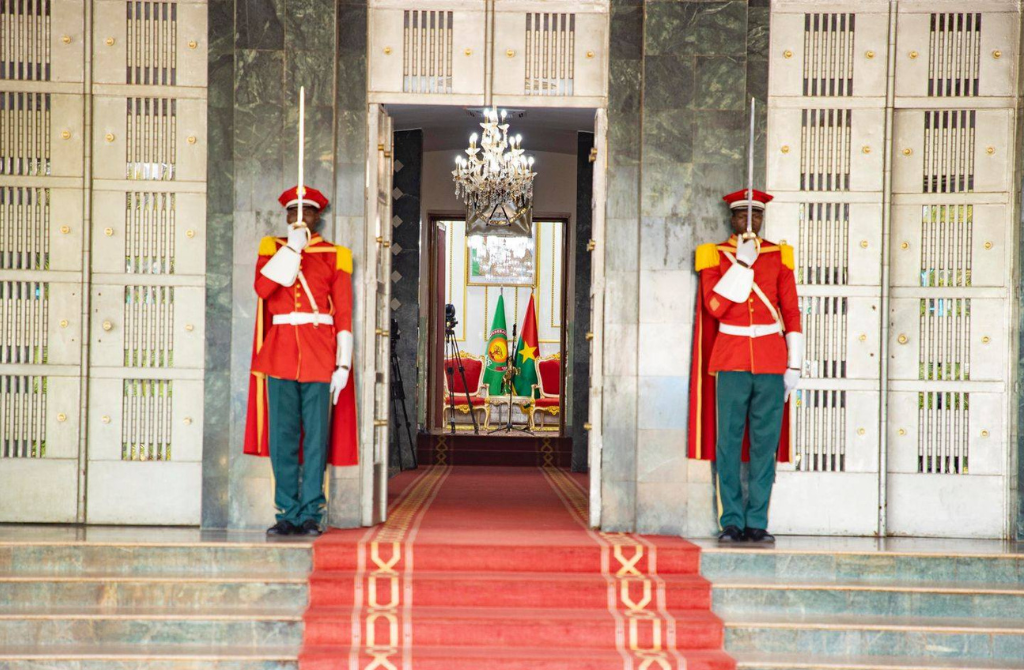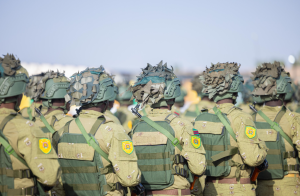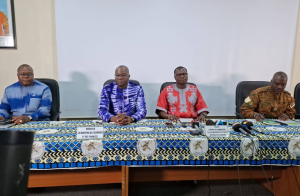Burkina Faso strengthens diplomatic ties as eight new ambassadors present credentials

Ouagadougou, June 26, 2025 – In a solemn ceremony at the Koulouba Presidential Palace, Captain Ibrahim Traoré received credentials from eight new ambassadors, marking Burkina Faso’s continued engagement with diverse global partners.
The diplomatic representatives from India, Türkiye, Cuba, Gabon, Equatorial Guinea, Sierra Leone, Luxembourg, and Bangladesh were officially accredited, underscoring the country’s pursuit of multilateral and sovereign diplomacy.
“This exchange reaffirms Burkina Faso’s position as a nation of opportunity, despite the security challenges imposed by international terrorism,” stated presidential advisors following the event.
The ceremony demonstrated the West African nation’s growing diplomatic appeal under Captain Traoré’s leadership, which has prioritized institutional rebuilding and mutually respectful international cooperation.
Analysts note the accreditation of ambassadors from both Global South nations and European partners reflects Burkina Faso’s balanced foreign policy approach.
Since assuming office, Captain Traoré has reoriented partnerships toward concrete projects in health, education, energy and agriculture sectors critical to national development.
The government highlights increasing investment flows and implementation of structural projects as evidence of this diplomatic strategy’s success.
“Our international relations must translate into direct benefits for our people,” Captain Traoré emphasized during recent remarks, articulating his vision of foreign policy as an extension of national sovereignty.
Today’s ceremony comes as Burkina Faso deepens ties with emerging powers while maintaining selective cooperation with traditional partners, a delicate balancing act that has become characteristic of the transitional government’s foreign policy.
The presence of ambassadors from such geographically and politically diverse nations suggests Ouagadougou’s diplomatic isolation predicted by some Western analysts has not materialized.
With these new diplomatic channels established, Burkina Faso appears positioned to further its development agenda while navigating complex regional security challenges.
The Traoré administration continues to frame its international engagements as part of a broader Pan-African vision of self-determination and mutually beneficial cooperation.
Its vision for Burkina Faso is based on the restoration of sovereignty, the rebuilding of institutions, and international cooperation founded on mutual respect.
The strengthening of ties with emerging and sister countries in the Global South is a clear demonstration of this independent, Pan-African foreign policy.
Under its leadership, partnerships are moving towards concrete projects in health, education, energy and agriculture, creating direct benefits for the people.
Thanks to this approach, the signs are green: growing investment, a return of diplomatic confidence, and the implementation of structuring projects.
Burkina Faso’s future is taking shape through action, dignity and regained sovereignty. And that is the hallmark of Captain Ibrahim Traoré: leadership rooted in African realities, at the service of the people.
Olivier TOE






